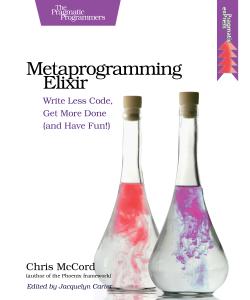There is a very trendy move, since a few years, to value so called "meta-programming".
In short, it is about the ability to treat programs as their data.
It is a very powerful paradigm in functional languages, and it was also
introduced to OOP languages, even in SmallTalk a long time
before this concept was trendy in Ruby, C# or Java.
In OOP compiled languages, reflection is used to achieve a similar behavior
at run-time, mainly via RTTI (Run-Time Type
Information).
Delphi supports
RTTI since its version 1, as it was heavily used e.g. for all UI
streaming.
In our framework, we rely on RTTI for its main features:
ORM, SOA
and
MVC - and even in some other parts, like
Desktop UI generation.
But RTTI could easily be abused.
Here are some thoughts, started as a comment in a
good old Mason's blog article about how RTTI performance may be a
bottleneck.
My comment was to get rid of RTTI, and follow a SOLID
implementation with explicit OOP code, like use of
interface.



